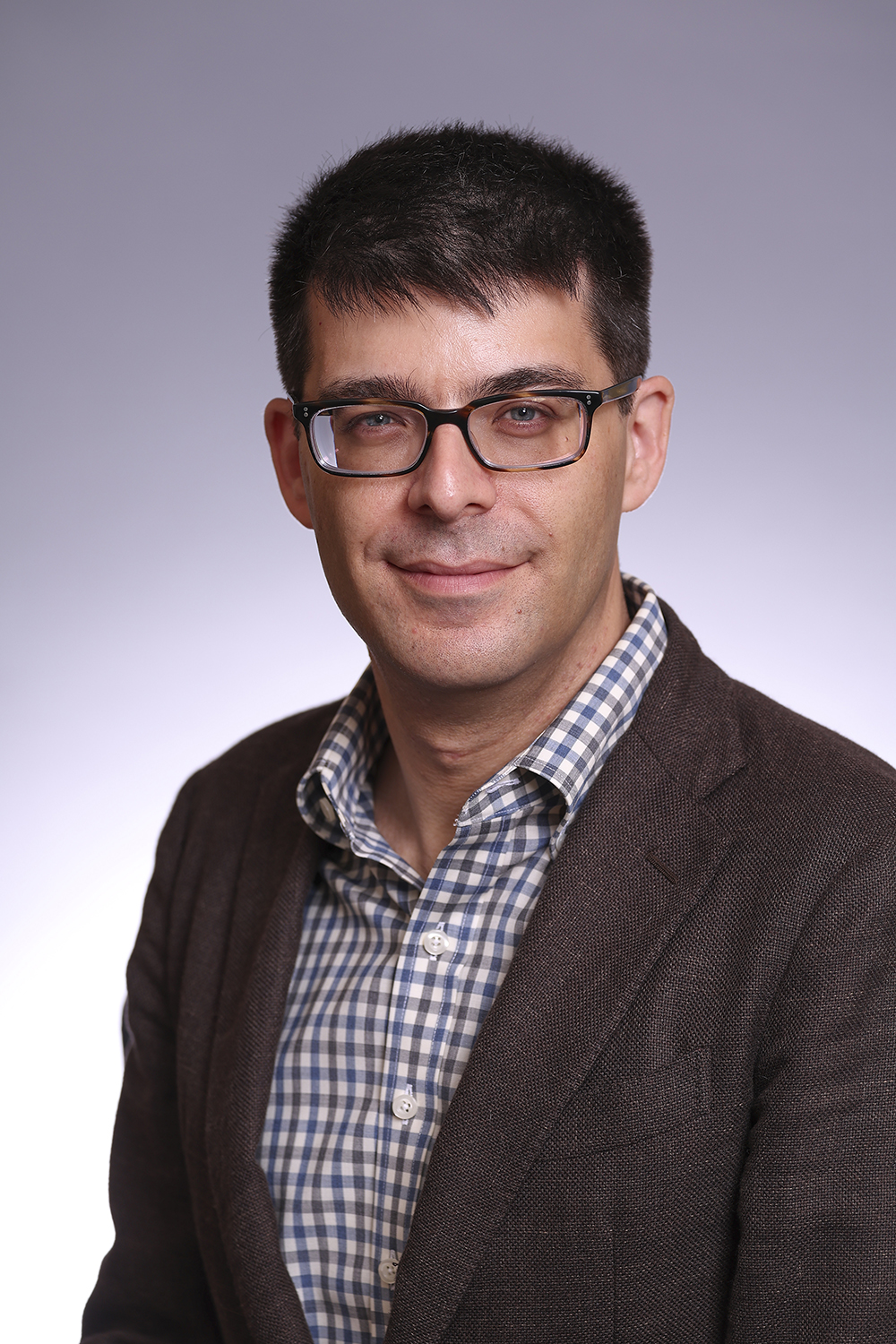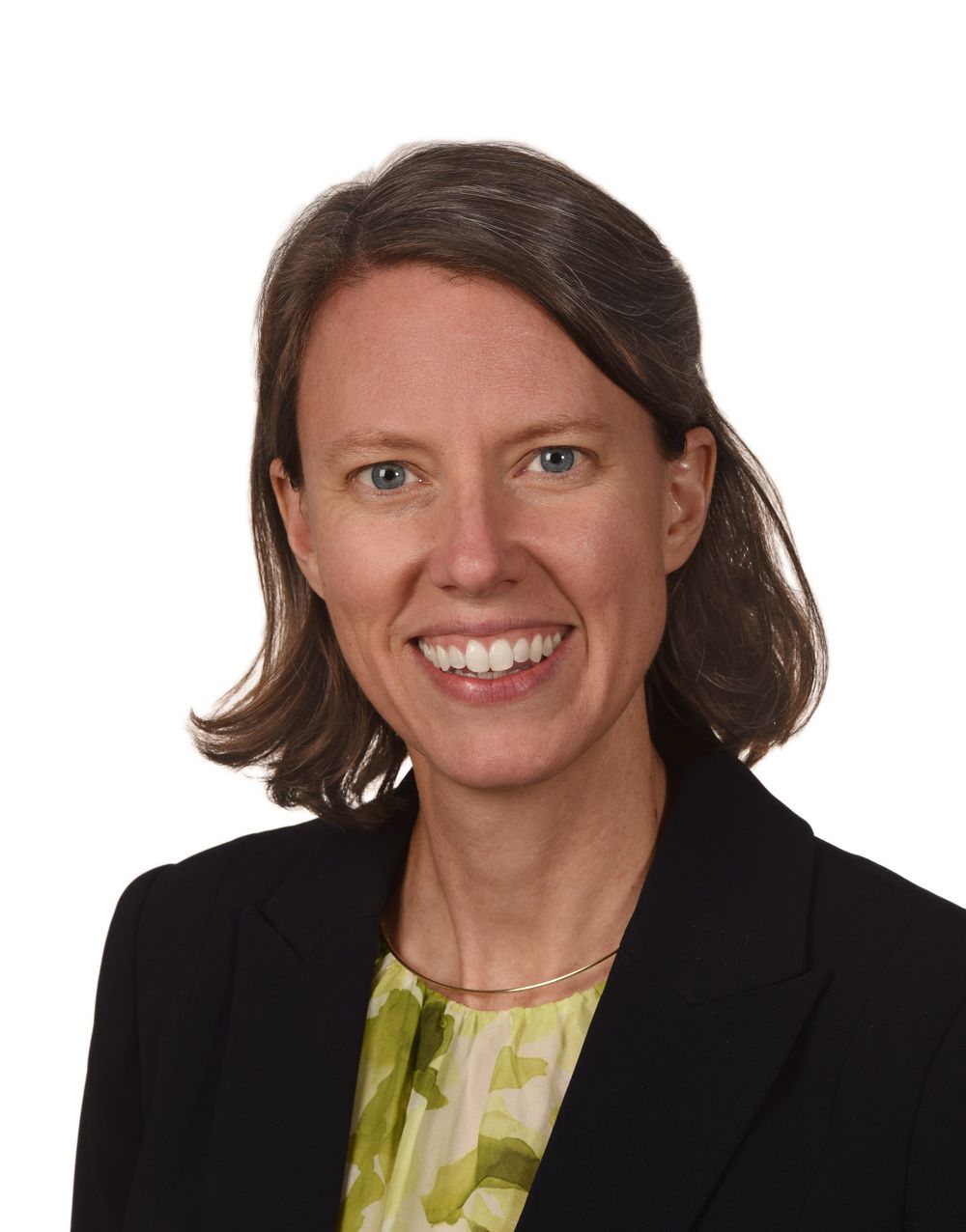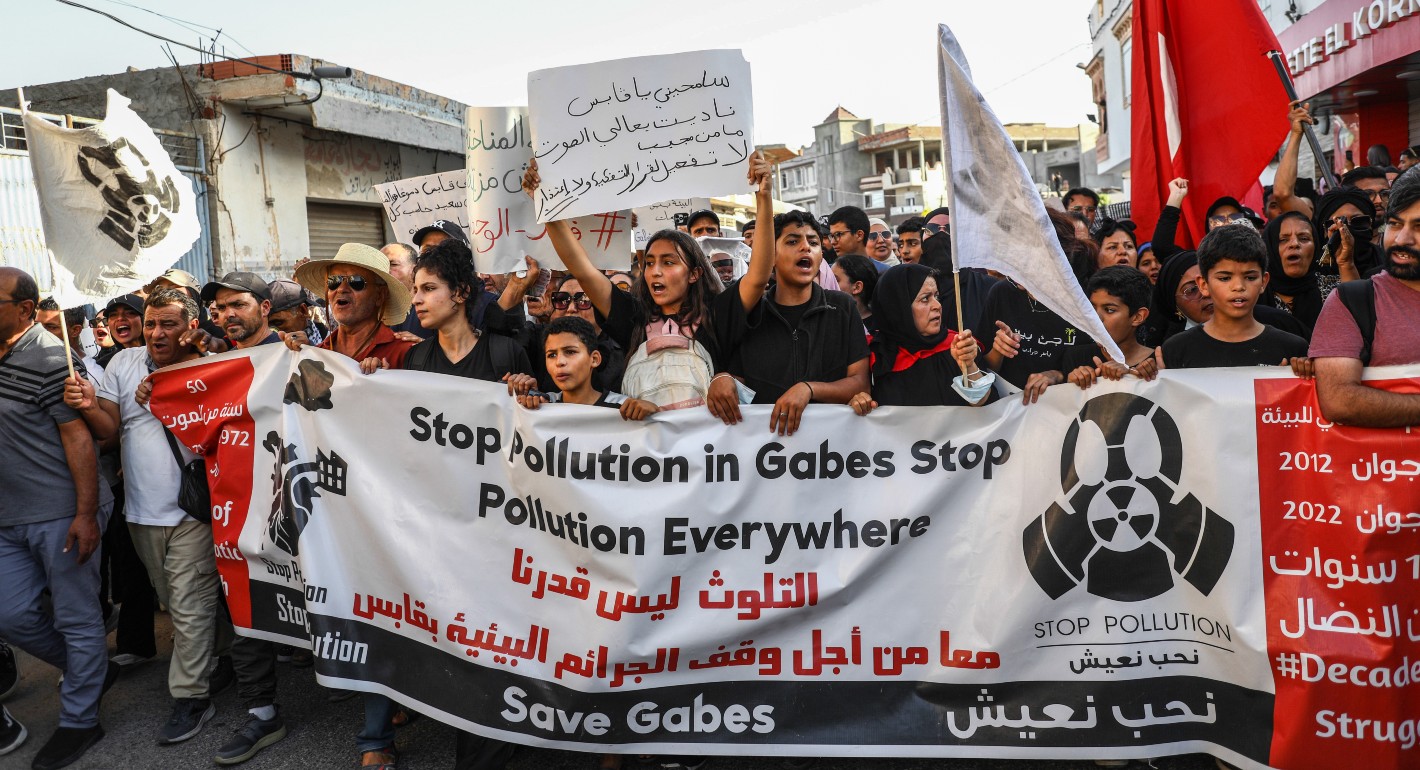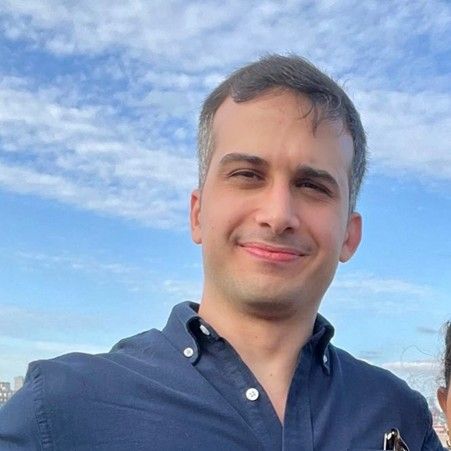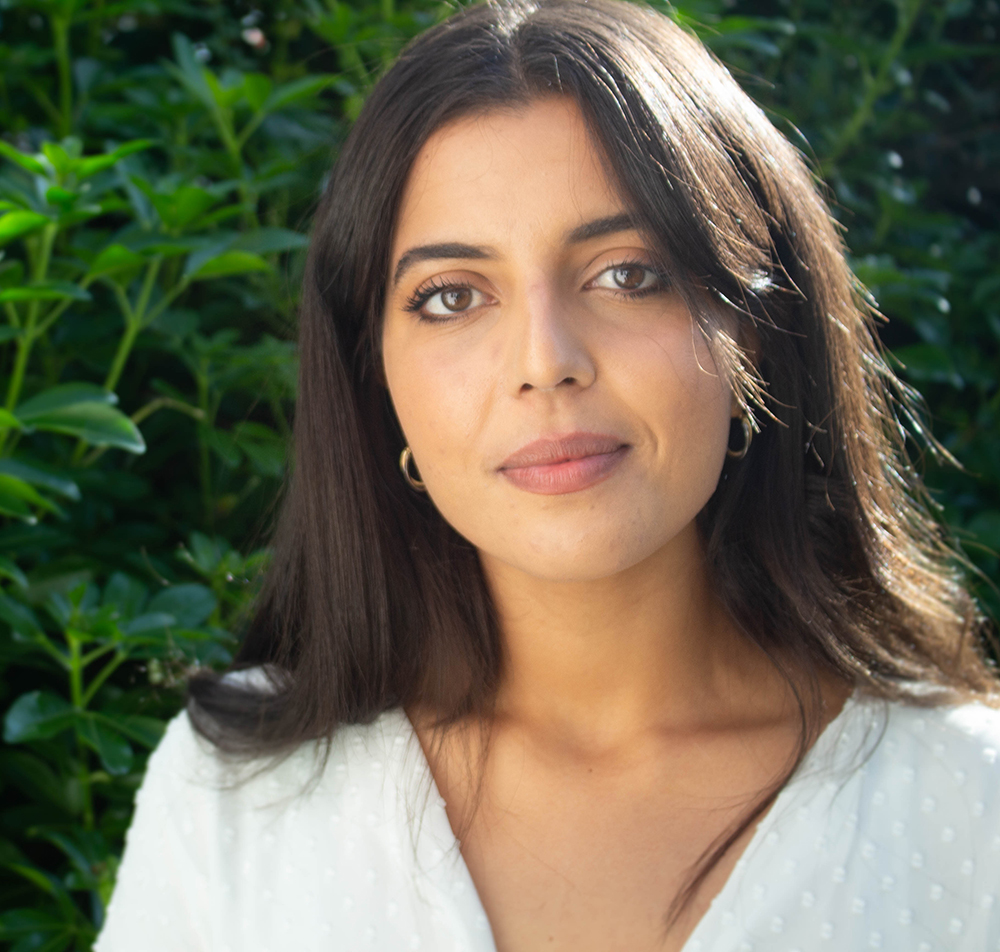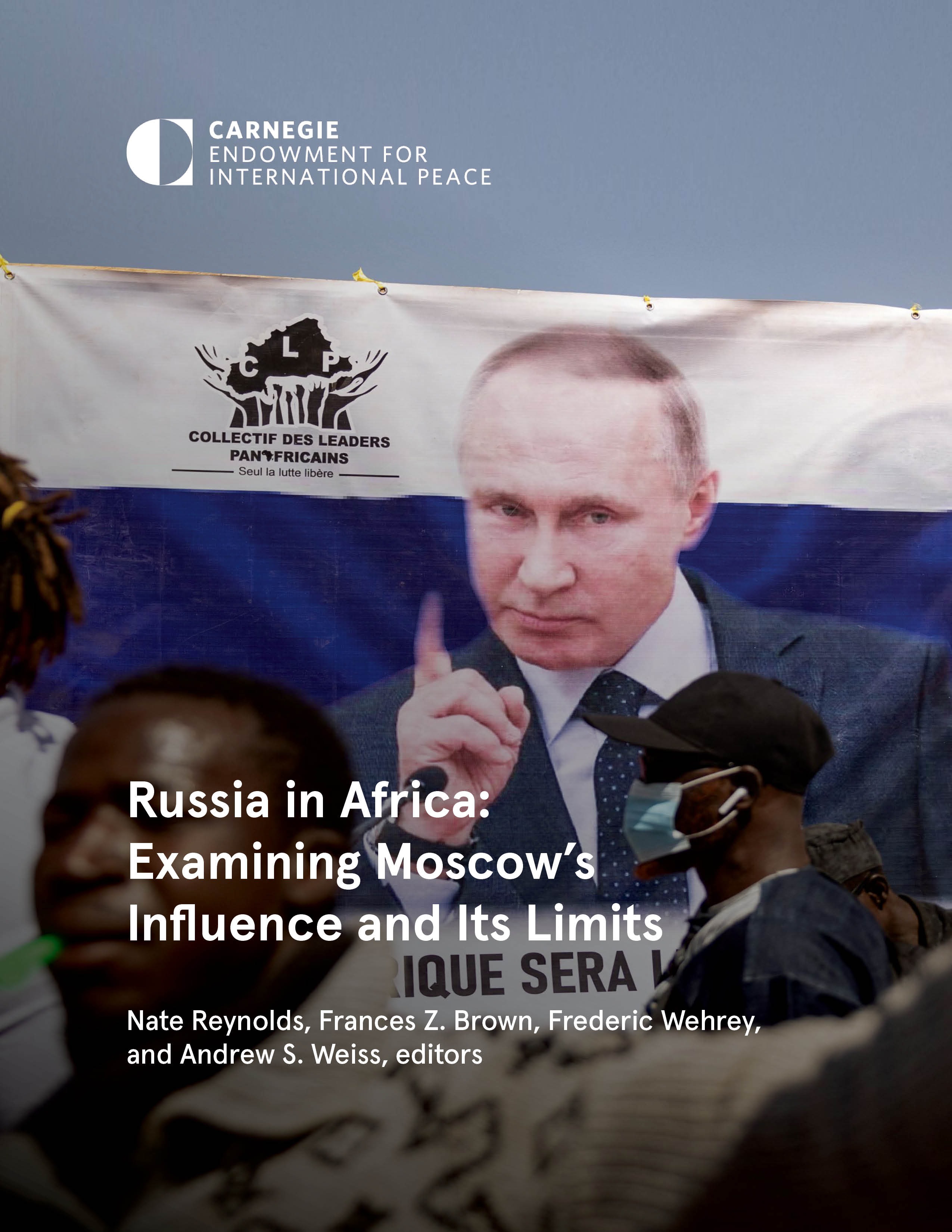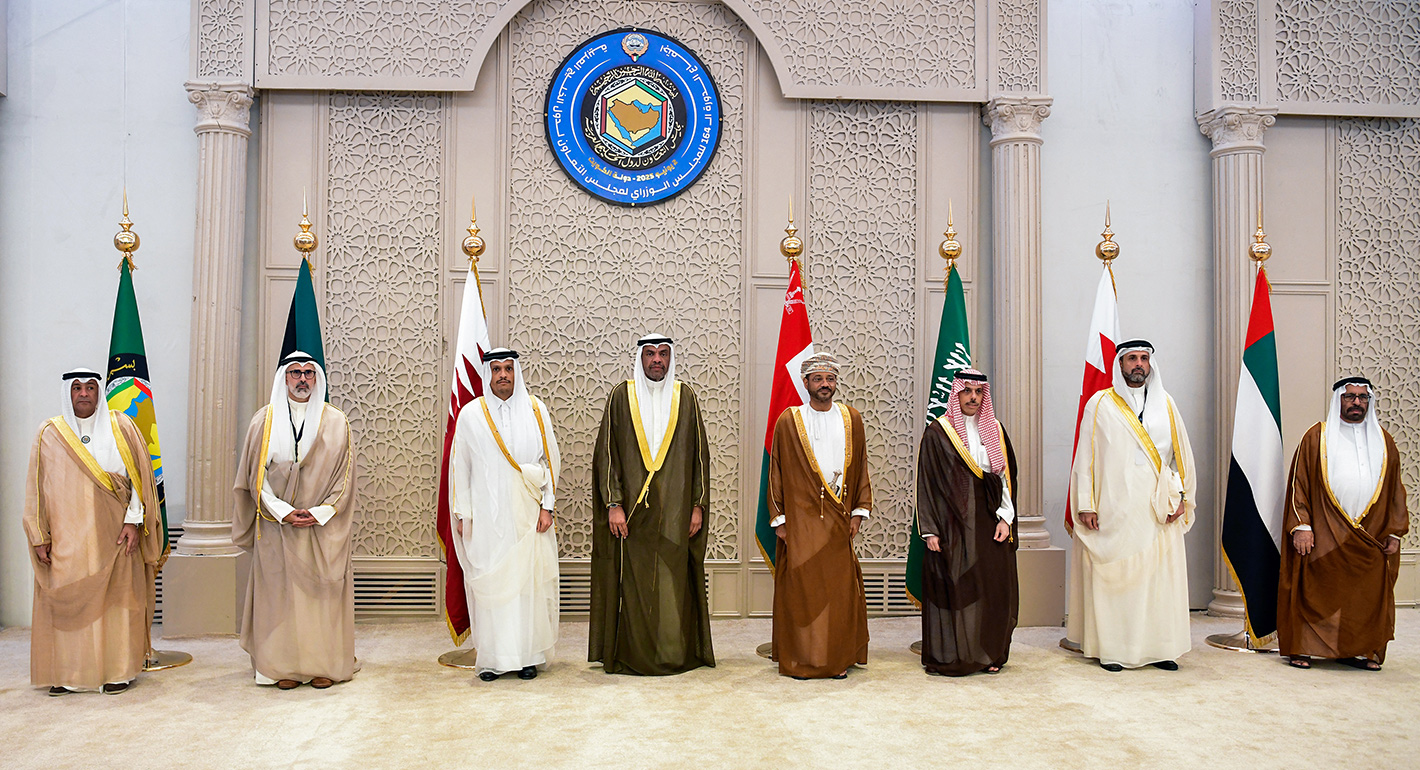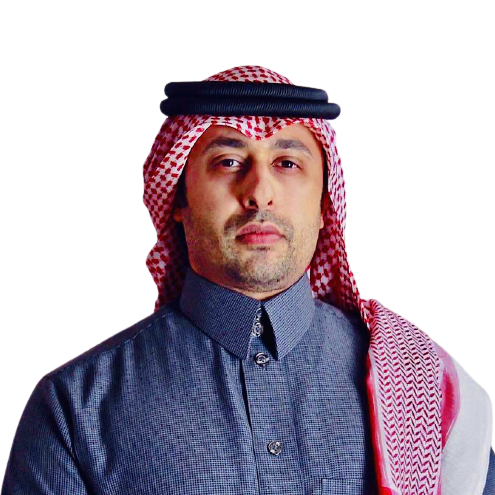- +18
James M. Acton, Saskia Brechenmacher, Cecily Brewer, …
{
"authors": [
"Marwan Muasher"
],
"type": "legacyinthemedia",
"centerAffiliationAll": "dc",
"centers": [
"Carnegie Endowment for International Peace",
"Malcolm H. Kerr Carnegie Middle East Center"
],
"collections": [
"Arab Awakening"
],
"englishNewsletterAll": "menaTransitions",
"nonEnglishNewsletterAll": "",
"primaryCenter": "Carnegie Endowment for International Peace",
"programAffiliation": "MEP",
"programs": [
"Middle East"
],
"projects": [],
"regions": [
"Middle East",
"North Africa",
"Jordan",
"Levant",
"Maghreb"
],
"topics": [
"Political Reform"
]
}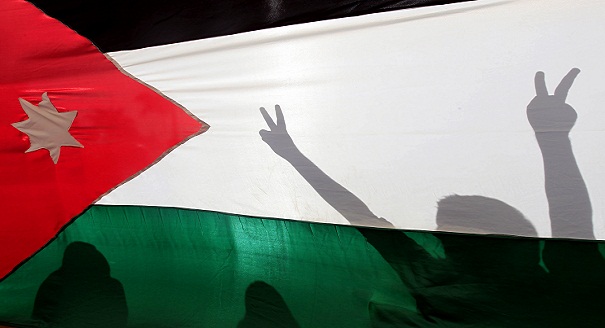
Source: Getty
Political Reform in the Middle East
Arab moderates, who believe in inclusive societies, must work at the grassroots level, offering solutions to real issues while building institutional systems of checks and balances.
Source: Jordan Business
From assessing Jordan’s reform efforts and laying out his plan for a better country to his thoughts on recent US-led efforts to engage yet again the Middle East peace process, Dr. Marwan Muasher talks to Naseem Tarawnah about where he thinks Jordan and the rest of the region are going.
In academic and intellectual circles, Dr. Marwan Muasher’s name is often deemed to be synonymous with the word “reform”. A former foreign minister and deputy prime minister, as well as a co-author of the Arab Peace Initiative, Muasher has emerged in recent years as a critical and thoughtful voice on Jordanian development issues and the Middle East peace process more generally. Upon exiting the Kingdom’s corridors of political power in 2007, Muasher has taken up high-level positions at the World Bank and, most recently, as vice president for studies at the Carnegie Endowment for International Peace. Yet, despite his abrupt withdrawal from the country’s political scene, he has continued to write extensively on Jordanian reform issues as well as regional political developments.
In a recent exclusive interview, Jordan Business talked to Muasher about his thoughts regarding reform efforts in the Kingdom, as well as his perceptions on the region’s emerging, turbulent political landscape.
Q: You received some criticism this past year for stating in an interview that you expected the Lower House of Parliament to be dissolved before finishing its four-year term. Do you feel the current parliament is any different from its predecessors? What can be done to change the electoral system to avoid producing what you referred to as “weak parliaments by necessity”?
A: I think I was expressing the view of a majority of Jordanians who are neither satisfied with the current parliament nor think the electoral law is representative. A poll conducted by the Center for Strategic Studies at the University of Jordan showed that only 28% of Jordanians believe the current parliament will be better than the last one. The problem is not with the persons of the current members, many of whom are very qualified, but with a [electoral] law that by design produces weak, individual-based parliaments that become subservient to the executive authority rather than a body that exercises oversight over that authority. It is thus not a surprise that parliament enjoys such low approval ratings in the country.If the government is serious about political reform, it has to start by introducing changes to the electoral system that accomplish two goals: one, moving away from the current “one-person, one-vote” system to a system that gradually favors party (not simply national) lists, thus paving the way towards stronger parliaments; two, reducing the heavy gerrymandering of districts, where the principle of “equal suffrage”, in which a vote in each district is relatively equal to that in another, is upheld. Without that, I believe most Jordanians will continue to think that their parliaments are not representative.
The response to the criticism I received in parliament a few weeks ago is revealing. The numerous press articles that came out the next day in defense of my views, as well as the supportive posted comments from the general public to these articles, indicate that this issue can no longer be conveniently ignored.
Q: Since the emergence of the Arab Spring, you have consistently highlighted educational reform as a necessity for the democratization of the region. Do you think the rhetoric we hear throughout the region regarding education reform has matched the results? What do you believe is the first tangible step when it comes to educational reform?
A: For democracy to thrive, it needs to exist in a culture that accepts diversity, respects different points of view, regards truths as relative rather than absolute and tolerates – even encourages – dissent. The political transitions taking place in the region today will not, by themselves, necessarily lead to sustainable pluralistic systems, even if such commitments to pluralism are spelled out in the new constitutions. What makes these commitments permanent is accepting different points of view and respecting the will of the people to choose their governments, and to change those choices depending on the record of those governments in power.
Current education reform efforts in the Arab world have focused on quantity rather than quality – building more schools, closing the gender gap and even introducing computers to schools. While all these efforts are needed, little has been done about the content of the curricula. Students are still not encouraged to think independently and critically, rote learning is the norm and diversity of opinion is suppressed. The real problem for education reform is not a lack of financial resources – as a percentage of GDP, spending on education in most Arab countries is comparable to that of many OECD countries – but rather a lack of political will to effect the deep changes necessary in the curricula to promote diversity. The old guard still sees education’s basic purpose as indoctrination rather than training people how to think. Education without innovation and creativity does not bolster economic productivity, which is critical to solving the chronic problem of unemployment in the Arab world.
Any current or future education reform effort in the Arab world must face rigorous evaluation. Are students taught what it means to be a citizen? Do they learn at an early age – not just from formal teaching but, more importantly, through practice – that there is usually more than one side to any particular issue and that all sides should be explored and debated? Are they taught to question, inquire, participate, work in teams and communicate? Are they taught to uphold freedom, equality and respect for human rights? Or is “knowledge” spoon-fed to them in a manner that discourages questioning? Realizing that all results of education reform will take decades, the sooner the Arab world begins, the better chances it has at arriving at prosperous and pluralistic societies.
Q: To what extent do you feel the Syrian crisis has impacted the average Jordanian’s political, economic and social demands that seemed much more vocal only one year ago? Do you think these demands will manifest in other ways aside from protests?
A: The Syrian crisis, as well as the developments in Egypt and elsewhere, has certainly resulted in a calmer atmosphere in the country. People are wary that protests might lead to the wrong results. However, the problems have not disappeared, and it would be wrong to assume that the present calm is an indication that people are satisfied. Jordan has a clear advantage in that all major groups in the country see the monarchy as a needed umbrella and guarantor of the rights of all Jordanians, and thus are calling for changes within the system. It would be wrong to draw the conclusion that the state can go back to business as usual simply because we are better than those around us. Rather, I see this period of relative tranquility as an opportunity for the state to oversee a gradual and serious reform process that is inclusive of all forces, one that would widen the decision-making process and result in a smooth transition to democracy.
Q: In the context of the state launching a serious reform effort, what issues would you deem to be a priority to ensure Jordan is on the right path towards reform?
A: I consider the following issues to be of the highest priority. First, the conclusion of a national, inclusive pact that would agree on some major principles, including the Hashemite umbrella as a guarantor and protector of the rights of all Jordanians, regardless of their origin, and as the final arbiter on existential issues; a commitment to pluralism, political, religious and cultural, at all times and by all forces, where no party has a monopoly on truth or power and where all commit to the principle of peaceful rotation of power as decided by the electorate; protection of personal and group rights; a commitment to pursue objectives by all forces through peaceful means only; and finally, a commitment to inclusion. A clear definition of who is a Jordanian should not be held hostage to the resolution of the Arab-Israeli conflict. The pact should make it clear that all Jordanians are equal before the law, as the Constitution explicitly states, and that the law should be applied equitably to all of them.
Second, there is a need to establish an agreement on a new electoral law, to be reached through a truly inclusive process that would address the shortcomings in the current law as I have just described.
Third, agreement on a medium-term economic plan that would rid Jordan of its “rentier system”, whereby favors are given to some at the expense of all for their loyalty, and towards a merit-based system that would encourage productivity and result in a self-sustaining economy, one that is not dependent on foreign aid. At the same time, the plan should take into account the needs of the less privileged through the provision of proper safety nets, health insurance and the like. Such a plan is possible, and the National Agenda showed how to arrive at a balanced budget in ten years while cutting down on unemployment, reducing the poverty rate and providing health insurance to all Jordanians. A similar effort needs to be undertaken, but coupled with a political will to move away from the rentier mentality that has been a main pillar of the state’s policies since modern Jordan was created. If people are convinced there is light at the end of the tunnel, it gives meaning to the constant demands governments have on them for sacrifices.
Lastly, there is a priority to develop a system of checks and balances that would redistribute power among the three branches of government such that no branch dominates the decision-making process without accountability. What’s more is the need to put in place institutional checks that can deal effectively with the one problem on every Jordanian mind: corruption.
Q: What do you feel are the main impediments to political reform in Jordan and how can they be overcome?
A: I remain convinced that the main impediment to reform in Jordan is a “rentier” layer that has constantly viewed loyalty to the country as dependent on privileges it receives from the state. The fear of losing these privileges, even gradually and over many decades, is not something it is willing to entertain. The long-term prospects of a healthy and prosperous Jordan are continually being held hostage to the interests of this layer. I faced this layer first hand during the development of the National Agenda. It is well entrenched in the bureaucracy, government institutions and the intelligence services. It cannot be ignored, and its needs and interests will have to be addressed in any successful effort at moving the country forward towards real reform. A serious reform process would enlarge the pie so that everyone can have a bigger share instead of a zero-sum game, where only some forces will win at the expense of others. The problem is that so far, their views have dominated the decision-making process and reformers have not been able to successfully build any critical mass within government to push forward their point of view. Reform in the country will thus take a very long time and will perhaps depend largely on working at the grass-roots level, and slowly but surely build a constituency that can support a sustainable and serious reform process.
Q: Do you think the recent US attempts at reviving the peace process, and specifically the Arab Peace Initiative, which you co-wrote, are genuine? Do you feel the initiative is still valid today given the changed circumstances on the ground?
A: I believe US Secretary Kerry’s intentions to try to resolve the conflict are genuine, and I am not one to belittle any effort to try to resolve this issue before it is too late. However, I no longer believe that negotiations among the parties themselves can lead to a successful settlement. I have often described the current situation as similar to two people discussing how to split a pizza slice while one of them is eating it.
My discomfort is with the approach taken of expecting agreements simply by bringing the two sides to the negotiation table. I am afraid the current Israeli governing coalition believes the status quo is the end game, and is not prepared to agree to a viable Palestinian state on the basis of the 1967 borders that includes East Jerusalem. Without the US or the Quartet offering guiding parameters based on, among other things, the Arab Peace Initiative that would prevent the two sides from reaching yet another deadlock, any hope for an agreement within nine months, as is the goal behind these specific negotiations, is little more than wishful thinking.
Q: You have frequently written and spoken about Arab moderation. Does a space for Arab moderates still exist or has political polarization brought on by the Arab Spring changed things?
A: Arab moderates, not those who are selective democrats and who believe in democracy only when its outcome meets their outlooks, but those who believe in pluralistic and inclusive societies, must work at the grassroots level, patiently and systematically, offering solutions to peoples’ real issues while building institutional systems of checks and balances. This work needs to be about building programs, not individual cults, until it develops into effective lobbies for change. Some will see this as an almost romantic view of an Arab world that does not exist; a mirage in the desert, totally detached from reality. They will point out the current tumultuous state of affairs and wonder how one can ever talk about diversity and tolerance when Syria is being dismantled before our eyes – as political grievances shared across the region turn sectarian, pitting one neighbor against another in a zero-sum battle for survival. How can one dream of a democratic Arab world when countries such as Iraq and Lebanon are still organized along sectarian and not national lines, often clashing with each other violently? How can one even speak of an awakening when the initial calls for dignity and good governance have turned into an Islamist takeover by forces whose idea of reform is to take all steps necessary to ensure their grip on power as they slowly oblige the whole of society to practice what only they believe? How can one mention tolerance when Salafist movements openly reject democratic norms and have often resorted to using violence to advance their views? It might be too much to expect people to have a historical perspective of what has transpired since 2011. Most people’s attention spans are short and their patience even more so. Internalizing the argument that historic transformations take time – and they always have, everywhere on earth – is difficult, particularly in today’s high-velocity culture. Few have time for historical arguments or analytical explanations.
However, I strongly believe that history is our guiding light on what is transpiring in today’s Arab Awakening. I speak not out of a romantic connection to the region, but rather out of a firm conviction that the battle of ideas has finally started to unfold in the contemporary Arab world. It is a battle that will be won only by those who are ready to toil and sweat to get their point of view acknowledged. Some emerging political forces, frustrated by not being able to build national organizations and political programs, may advocate undemocratic means, as they have already, to stem the tide of Islamists.
Q: Do you see these new forces that are keen on dominating the political landscape contributing to the prolonging of turmoil throughout the region?
A: The Arab world will go through a period of turmoil in which exclusionist forces will attempt to dominate the landscape with absolute truths and new dictatorships. These forces will fade, because in the end, exclusionist, authoritarian discourses cannot answer the people’s need for a better quality of life – economically, politically, culturally and otherwise. As history has demonstrated overwhelmingly, where there is respect for diversity, there is prosperity. Contrary to what Arab societies have been taught for decades by their governments to believe – that tolerance, acceptance of different points of view and critical thinking are destructive to national unity and economic growth – experience proves that societies cannot keep renewing themselves and thereby thrive except through diversity. Neither the theological Iranian model of Wilayat-al-Faqih nor the secular, authoritarian model of the Mubarak regime has succeeded in solving the region’s economic, political or cultural challenges. This realization will not come automatically, or quickly, however. The Arab world will witness many attempts by religious and secular forces to dominate the emerging landscapes in this region. Mistakes will be made and there will be more struggles. The realization that salvation will come through diversity, coexistence and a new mindset that finally recognizes the beauty – and strength – of differences will not be automatic. It will require dedicated and sustained work on the ground for decades to come. It needs generations of believers to articulate such views, to build a sense of true citizenship and to develop innovative and indigenous mechanisms for protecting that Arab citizenship, alongside programs that address people’s needs, all the while embracing inclusive discourses and defending different outlooks.
This task is not for the fainthearted or those whom I consider to be the “true” romantics – individuals who are too quick to give up if democracy does not emerge overnight or if their lifestyles are not guaranteed without them rolling up their sleeves. This job will require leadership, vision and, most importantly, decades of hard work. After all, there are no shortcuts to democracy or prosperity.
About the Author
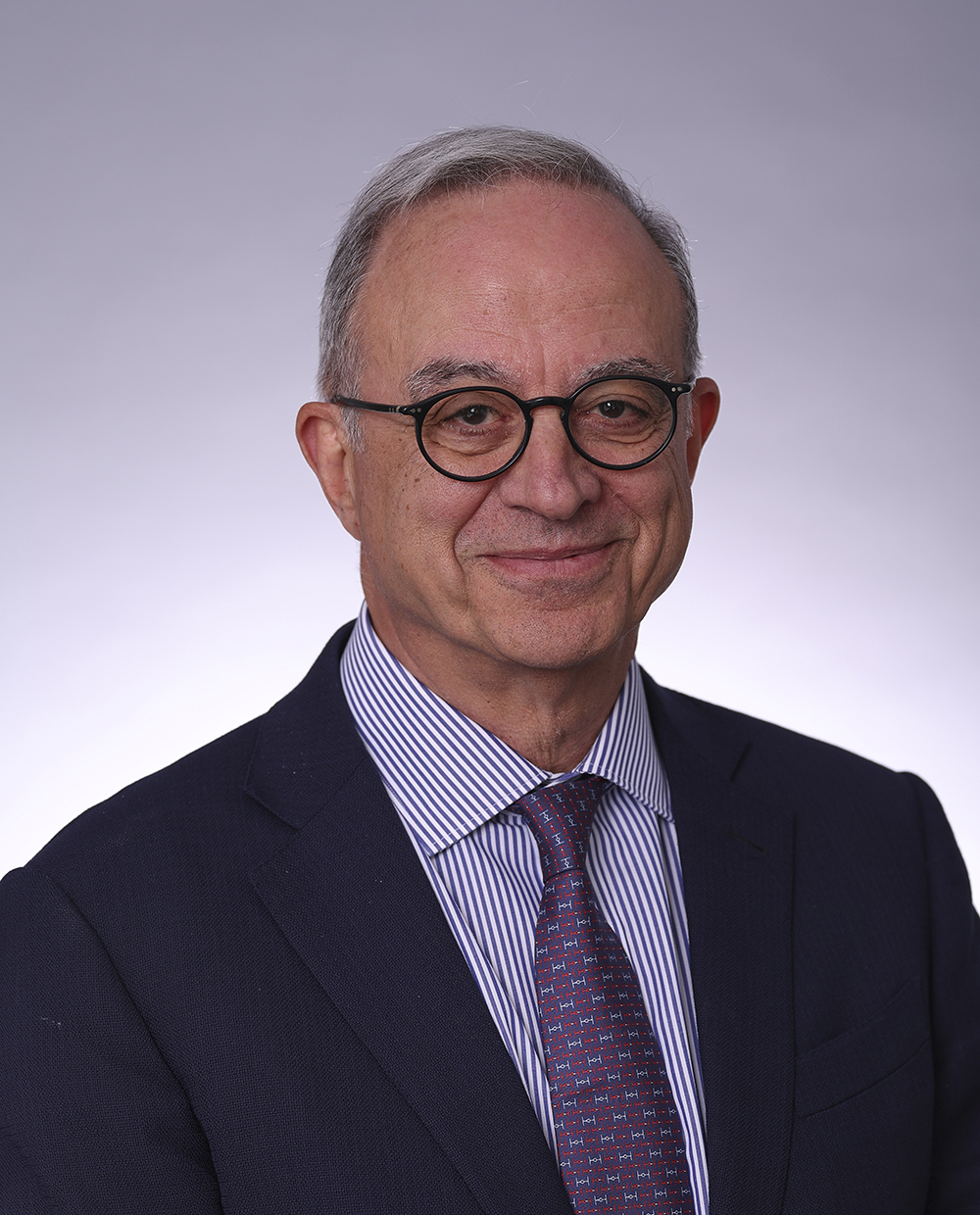
Vice President for Studies
Marwan Muasher is vice president for studies at Carnegie, where he oversees research in Washington and Beirut on the Middle East. Muasher served as foreign minister (2002–2004) and deputy prime minister (2004–2005) of Jordan, and his career has spanned the areas of diplomacy, development, civil society, and communications.
- Unpacking Trump’s National Security StrategyOther
- The Widespread Fallout of Israel’s Qatar StrikesQ&A
- +1
Amr Hamzawy, Andrew Leber, Marwan Muasher, …
Recent Work
Carnegie does not take institutional positions on public policy issues; the views represented herein are those of the author(s) and do not necessarily reflect the views of Carnegie, its staff, or its trustees.
More Work from Carnegie Endowment for International Peace
- The Kremlin Is Destroying Its Own System of Coerced VotingCommentary
The use of technology to mobilize Russians to vote—a system tied to the relative material well-being of the electorate, its high dependence on the state, and a far-reaching system of digital control—is breaking down.
Andrey Pertsev
- Civil Society Restrictions in North Africa: The Impact on Climate-Focused Civil Society OrganizationsArticle
For climate-focused civil society in countries like Morocco, Algeria, and Tunisia to be most effective, organizations should work together to develop networks that extend their reach beyond their local area and connect across borders to share best practices and amplify each other’s work.
Sarah Yerkes
- When Football Is More Than FootballCommentary
The recent African Cup of Nations tournament in Morocco touched on issues that largely transcended the sport.
Issam Kayssi, Yasmine Zarhloule
- Russia in Africa: Examining Moscow’s Influence and Its LimitsResearch
As Moscow looks for opportunities to build inroads on the continent, governments in West and Southern Africa are identifying new ways to promote their goals—and facing new risks.
- +1
Nate Reynolds, ed., Frances Z. Brown, ed., Frederic Wehrey, ed., …
- Can the Gulf Cooperation Council Transcend Its Divisions?Article
Without structural reform, the organization, which is racked by internal rivalries, risks sliding into irrelevance.
Hesham Alghannam
